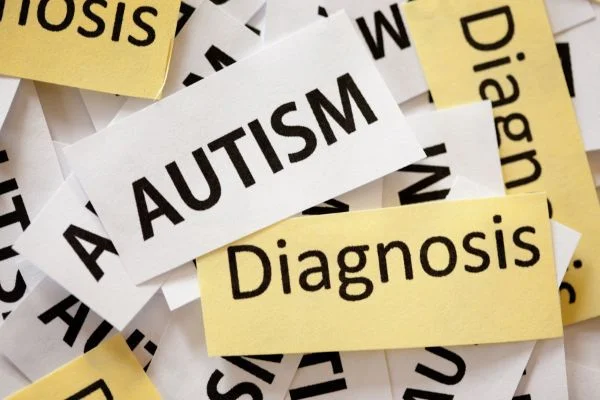Autism Map Points to Diagnostic Deserts in the United States

According to an online database called GapMap, more than 80% of counties in the United States do not have diagnostic centers for autism. A mapdeveloped based on information from the database shows significant areas of the country where there are diagnostic deserts. This means that in these areas, there are significant barriers to getting a diagnosis. The lack of autism resources and diagnostic centers are seen as the culprit for lack of appropriate diagnosis.
The Importance of a Diagnosis
Even though there are gaps in the country where people do not have access to adequate autism resources does not mean that there aren’t people with autism in those areas. It is critical for individuals with autism to receive an appropriate diagnosis as soon as possible. An early diagnosis can lead to better outcomes for individuals as well as better behavior management. Without the resources necessary to obtain a diagnosis and the necessary treatment, a person with autism may suffer.
Lack of Resources
The map developed by researchers also used data from Autism Speaks, Parents Helping Parents, and the Autism Society to identify the locations of autism resources. The map shows that there is an abundance of specialists and resources along the east coast of the country. The areas from Boston to Washington, D.C, and around Chicago and Los Angeles, have many resources for individuals with autism. However, large areas of the West and Midwest lack resources. On average, people with autism in Alaska have to travel over 63 miles to reach the necessary resources.
It is estimated that 1 in 59 people has autism. This means that even in the diagnostic deserts, there is likely a high rate of people with autism who don’t have access to the resources they need. Without the proper assistance, individuals with autism and their families may not receive the education and support they need to gain essential social skills and learn to function better in society.
If you or a loved one has a mental disability and has been arrested or convicted of a crime, you need an experienced criminal defense attorney on your side. Elizabeth Kelley specializes in representing individuals with mental disabilities. To schedule a consultation call (509) 991-7058.


